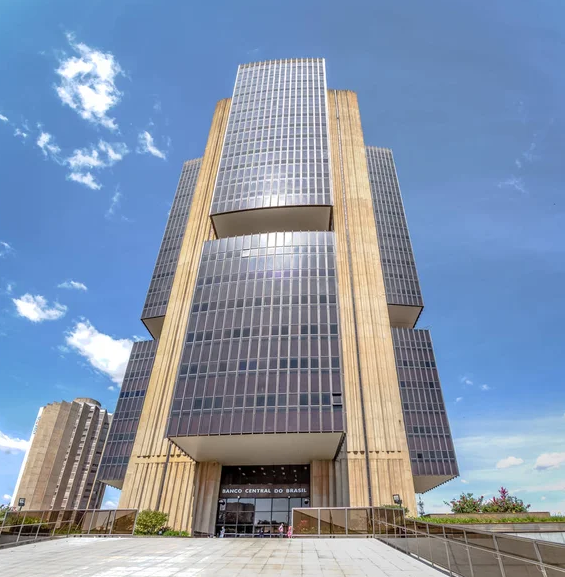Brazil National Bank, Banco Central do Brazil, is responsible for the financial sector of the emerging world class economy that is Brazil. In this article, we will explore the history, functions, and current status of the Brazil National Bank, and its impact on the country's economy.
History of Brazil National Bank
Banco Central do Brazil was founded in 1964, following a period of high inflation in Brazil. Its main goal was to stabilize the economy by managing the country's monetary policy and regulating the banking sector. Over the years, the bank has undergone several reforms to improve its efficiency and transparency, and it currently operates under the guidance of the Brazilian Ministry of Economy.
Functions of Brazil National Bank
As the country's central bank, Banco Central do Brazil has a wide range of responsibilities. Its main functions include:
Monetary Policy
Banco Central do Brazil is responsible for implementing monetary policies that aim to stabilize prices and ensure economic growth. This involves setting interest rates, controlling the money supply, and managing foreign exchange reserves.
Banking Supervision
The bank is also responsible for regulating the Brazilian banking sector, ensuring that banks and financial institutions comply with regulations and meet capital adequacy requirements. It also supervises payment systems and oversees the issuance of currency.
Financial Stability
Banco Central do Brazil is also tasked with maintaining the stability of the country's financial system. It achieves this by monitoring financial institutions and intervening when necessary to prevent crises and protect consumers.
Current Status of Banco Central do Brazil
In recent years, Banco Central do Brazil has been at the forefront of digital innovation in the financial sector. It has introduced several initiatives to promote financial inclusion, such as the PIX instant payment system, which enables fast and secure digital transactions. The bank has also been working on the development of a digital currency, which would make transactions even more efficient and accessible.
FAQs
- What is the role of Banco Central do Brazil in the Brazilian economy?
Banco Central do Brazil is responsible for regulating the banking sector, implementing monetary policy, and ensuring financial stability in Brazil.
- What is the PIX payment system, and how does it work?
PIX is an instant payment system introduced by Banco Central do Brazil that allows for fast and secure digital transactions between individuals and businesses.
- How does Banco Central do Brazil promote financial inclusion?
Banco Central do Brazil promotes financial inclusion by introducing initiatives such as the PIX instant payment system and working on the development of a digital currency that would make transactions more accessible.
- How does Banco Central do Brazil ensure the stability of the financial system?
Banco Central do Brazil monitors financial institutions and intervenes when necessary to prevent crises and protect consumers. It also regulates the banking sector and ensures that institutions comply with regulations and meet capital adequacy requirements.
- What is the relationship between Banco Central do Brazil and the Brazilian Ministry of Economy?
Banco Central do Brazil operates under the guidance of the Brazilian Ministry of Economy and is responsible for implementing monetary policy and regulating the banking sector in Brazil.
References
- Banco Central do Brazil website: https://www.bcb.gov.br/
- "Banco Central do Brazil: A Model Central Bank?" by Ilan Goldfajn and Rodrigo O. Valdés (2010)
- "Brazil's Banco Central and Financial Regulation: Progress and Challenges" by Otaviano Canuto and Jose Guilherme Reis (2015)
